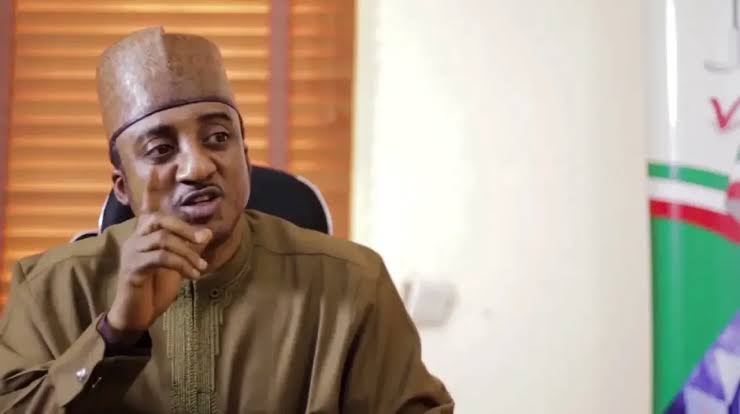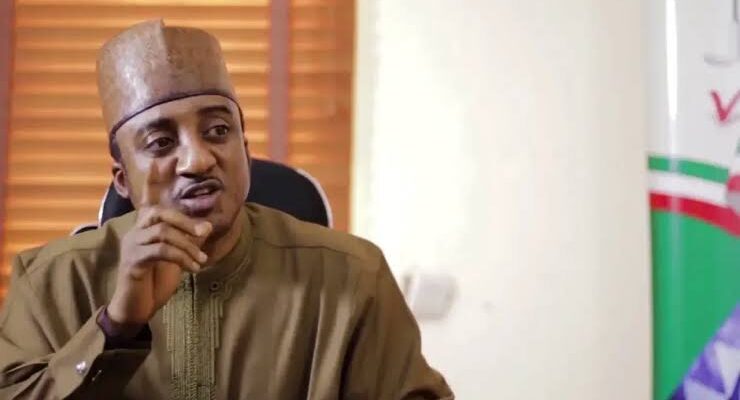
The National Chairman of the Social Democratic Party (SDP), Shehu Gabam, has cautioned that President Bola Tinubu may struggle to secure re-election in 2027 if his current economic policies remain unchanged.
Gabam made this assertion during the Sunday edition of Inside Sources with Laolu Akande, a socio-political program aired on Channels Television. He criticized several key policies implemented by the Tinubu administration, including the abrupt removal of the petrol subsidy, the unification of foreign exchange rates, increases in electricity and telecommunications tariffs, among others.
According to the SDP chairman, these measures have contributed to economic hardship and growing public discontent. He advised Tinubu to reassess his policies and restructure his cabinet if he intends to leave a lasting legacy.
“He needs to review some of his policies, he needs to rejig his cabinet if he wants to leave a legacy by two years. And I don’t see him surviving another election with the same kind of policies going on,” Gabam said.
Drawing parallels with former President Goodluck Jonathan’s administration, Gabam noted that nationwide protests against Jonathan began two years into his tenure, ultimately leading to his electoral defeat in 2015.
“Protests against Jonathan started two years into his administration, and he couldn’t survive it. No president in Nigerian history has spent as much money in an attempt to be re-elected as Jonathan did. If people think they can rely on money to win elections, they are mistaken. You can only rig an election when you are popular,” he added.
Gabam also condemned what he described as a growing intolerance for opposition voices under Tinubu’s leadership. He argued that the administration’s approach to dissenting opinions suggests an inclination towards authoritarianism.
“Nobody can talk to a governor; he will abuse you, he’s an emperor, you dare not talk to him, you dare not advise him. The same thing applies to the current government. The moment you advise them, they see you as an enemy,” he stated.
Furthermore, he dismissed claims that the federal government provides monthly allocations to political parties, emphasizing that such financial support would undermine the opposition’s role as a watchdog.
Gabam’s remarks come amid mounting economic challenges and growing concerns over governance in Nigeria, with analysts warning that public dissatisfaction could shape the political landscape ahead of the 2027 elections.

Comments